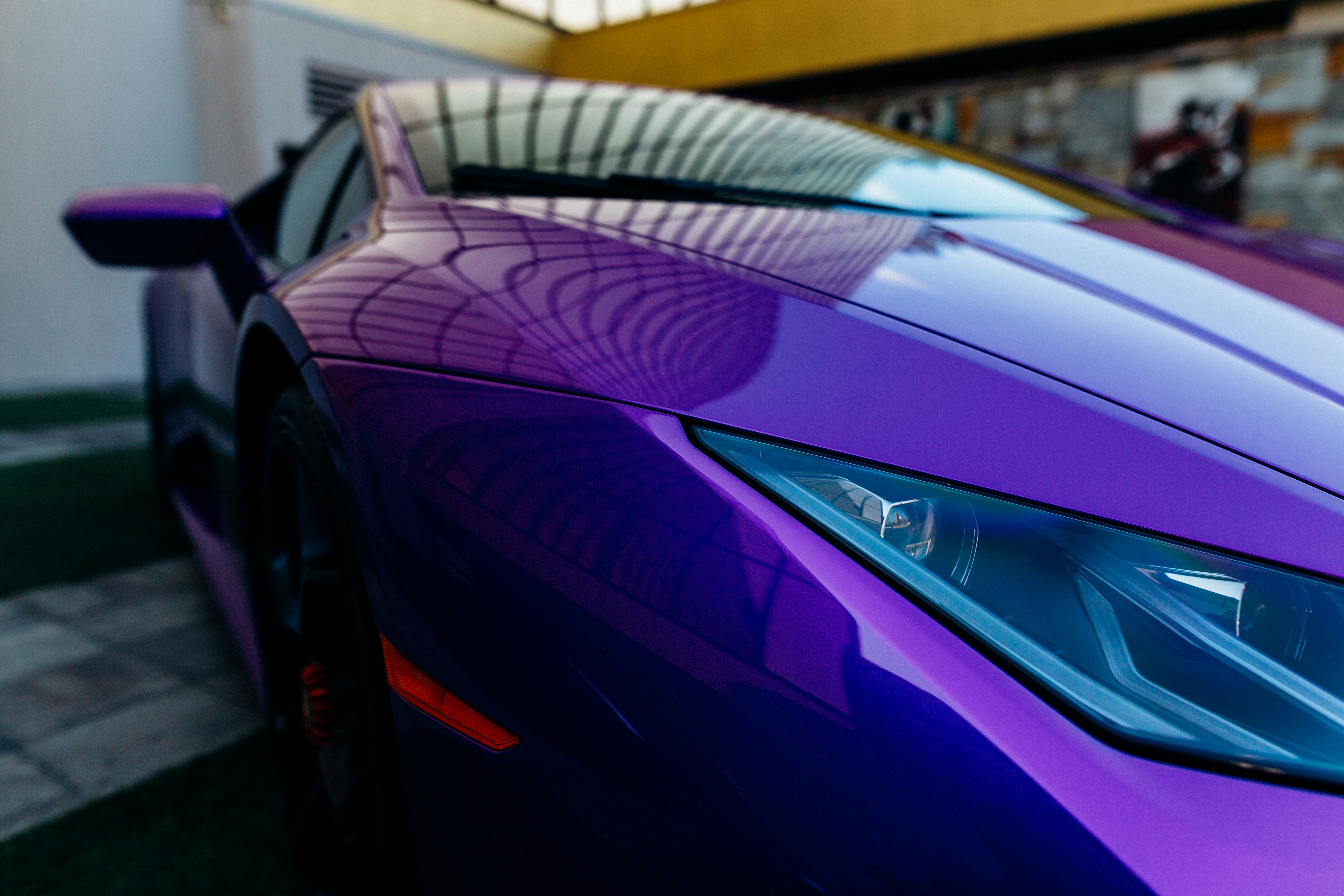The fastest freshwater fish
Rainbow trout (Oncorhynchus mykiss) are ranked as the ninth fastest fish in the world, the highest ranking for any freshwater fish. Tenth place is taken by the Sacramento Pikeminnow (Ptychocheilus grandis) but, with respective speeds of 8.0 and 6.7 meters per second, there is quite a bit of difference between the two. Granted, compared to the Black Marlin, which tops the list at 36.1 meters per second, neither one looks the part when it comes to offshore racing, but still, this is a must-have title. sports implications.
Recalling basic physics, speed is a product of power relative to mass. The more powerful the engine, the faster the car. So a faster fish must be one that is stronger (more muscular) and presumably also fights harder.
So is rainbow trout the most fighting freshwater fish too? I don’t think there are many anglers who would agree with that statement; not because the physics are wrong, but because there are so many other factors that come into play as well.
For one thing, most anglers only encounter the semi-domesticated version of rainbow trout introduced to reservoirs, and these aren’t nearly as large as their native oceanic cousins. That’s right: the native fish, found in the Bering Strait area, spend a part of their life in the sea.
In the sea, these fish find a greater variety of food and can grow much larger and stronger. They also have a different coloration, so when they return to rivers to spawn they are often mistaken for another species. They are more commonly known as Steelheads, a term that originated in Alaska but is now also used in Kamchatka and other parts of the Far East of the Russian Federation.
Steelheads can reach 1.20 meters in length and weigh more than 25 kilograms. It’s 55 pounds in old money. These fish are excellent fighters and would be a memorable catch for any angler on any tackle. Fly fishing is probably the sportiest and most exciting option, but many anglers find lures and baits effective.
Rainbow trout provide a great sport for anglers in many parts of the world. I say great but not the best. That title is, perhaps, one that is better left to open the debate. The species that wins this title will have to be powerful and large, and offer some exceptional fighting characteristics. The battle is only worthwhile if the conclusion is not decided from the moment the hook is cast.
